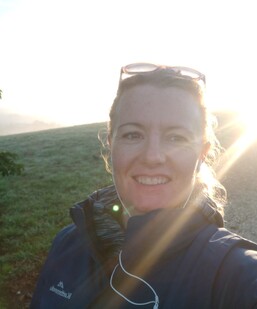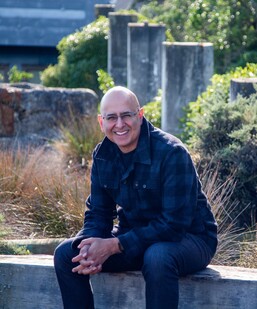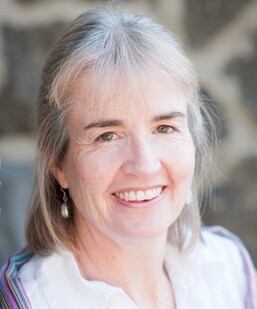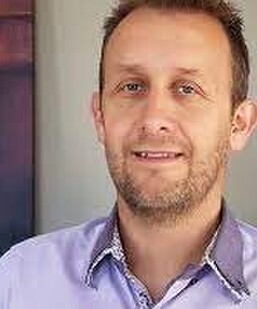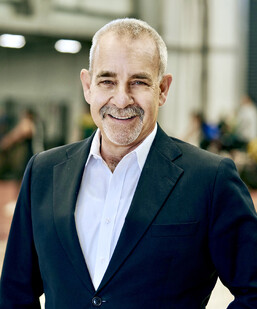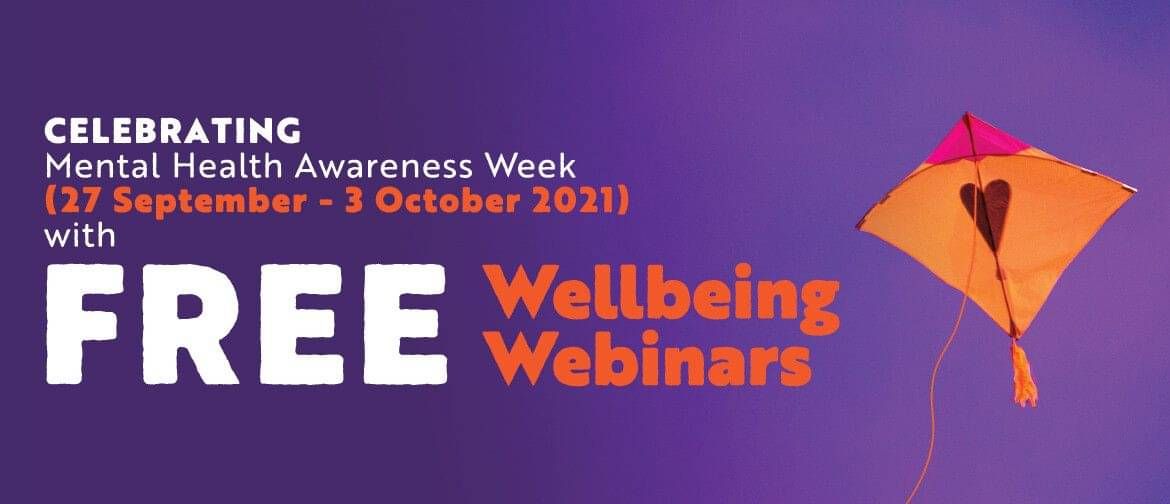
Mental Health Awareness Week in New Zealand has been increasing in both recognition and profile over recent years as there is a growing awareness of how mental health impacts so many other aspects of our lives.
In 2020, GROW offered a series of free webinars that included international and local experts talking about various aspects of mental health, updating practitioners on trends, success stories and evolving best practice.
Following on from this success we have now finalised the 2021 programme.
All workshops run from 12 noon - 1pm or 4pm - 5pm each day so grab your lunch / a snack and learn from our experts. We hope you enjoy it!
The programme
We are fortunate to be working with some very inspirational people who are pleased to offer these stunning FREE webinars during Mental Health Awareness Week.
Our programme is as follows:
Monday 27 September 12-1pm
Getting out of the way of ourselves by committing to what matters
Anna Elders
How is it that we find ourselves cycling around (or at the bottom of) the same pitfalls in life and putting off the changes that would really make a difference? How can we move from a life where happiness is conditional, to one where we get to experience it and work to create even more of it every day? How can we suffer, and yet still thrive in life? Anna will explore the great challenges of the human condition, and some simple steps to improving life as we know it using approaches grounded in evidence!
Tuesday 28 September - 12-1pm
Languishing is the word you might be looking for
Sarb Johal
With more lockdowns in our pandemic journey in New Zealand, it’s likely that you’re feeling tired. You might also feel like you’re wading through thick, sticky mud whenever you try to think. Why are you feeling exhausted, irritable, and having trouble trying to figure out your path forward? Is is burnout? Is it depression? Either of these are possible, but it’s possibly languishing. Join me as I help you to understand what might be the most common mental health experience of 2021, and how you can take steps to beat it.
Wednesday 29 September 12-1pm
Climate Change and Mental Health
Silvia Purdie
How is climate change affecting us? How can we do to promote wellbeing, for our clients and ourselves, in a time of climate crisis? Fears for the future of our world are well founded, but anxiety can overwhelm and immobilise. This session will provide an overview of mental health challenges related to environmental concerns, and discuss strategies for positive action.
Thursday 30 September - 12-1pm
Practical skills for suicide prevention
Associate Professor Manaan Kar Ray
Striking a balance between risk and recovery in mental health care is a challenging proposition. This is most evident while supporting people in suicidal distress. The aim of the presentation is to provide practical conversation aids for Safety Planning that will help navigate a suicidal crisis while building the person’s resilience and striking a balance between care and control.
You will be introduced to 1-2-7, a preliminary safety conversation. This is the foundation for SAFE, a framework which comprises of Scenario planning, Access to means and alcohol, Family, friends and follow up, and Emergencies. SAFE uses the risk response balance sheet approach in which risks are broken down into smaller chunks and each aspect is responded to in a nuanced fashion, giving everyone the confidence that suicidal urges can be mastered and navigated, all the while capturing hope for the journey ahead. SAFE is one of the 16 chapters that make up the comprehensive suicide prevention training framework called PROTECT (PROactive deTECTion). Watch a brief preview: https://youtu.be/x4plYjibtdE
Thursday 30 September - 4-5pm
Working with Voices and Psychosis
Matt Ball
People who hear voices and have other unusual realities continue to be diagnosed with schizophrenia-based ‘disorders’ and offered or made to accept medication and hospitalisation. However, the recovery rate for people offered these primary interventions in the ‘developed’ world is low, stigma remains high, and little or no emphasis is placed on individuals’ life experiences and resilience in overcoming adversity and crisis.
A lack of recognition of trauma and adversity as social determinants of ending up with a psychotic disorder label, means that people are asked ‘What is wrong with you?’ instead of ‘What has happened to you?’ This leads to a dominant and failing approach to treatment that involves ‘doing to’ the person, instead of a more humane approach of ‘being with’ the person as they navigate personal distress.
An alternative approach is offered through the Humane Clinic the Humane Dialogical Project in Adelaide, South Australia, which places agency and power back in the hands and hearts of the individual and their network. This project offers hearing voices and open dialogue-informed network meetings for when a member of a network or family is experiencing phenomena that are labelled ‘psychosis’.
This service offers alternatives to biomedical models and provides hope and humane meaningful response to people in distress, often with the primary social determining factor not being an illness but a response to adversity. It reduces the need for and impact of prescribing, admission to hospital and forced treatment. Lessons learned include recognising the challenges in offering an alternative to dominant medical models, and the value of approaching human beings in distress as equal human beings, rather than patients who are sick.
Friday 1 October - 12-1pm
Thriving in the Face of Change, Challenge and Stress - Building Resilience in Teenage Children
Edmond Otis
“Resilience is the ability to bounce back – and move forward – from periods of change and adversity, stress and trauma, loss and disappointment, and often more importantly - the strain and intensity of just doing the “day-to-day” in today’s world.”
When we look around, we recognise that many of the same rules and principles that apply to resilient individuals – also apply to families, teams, partnerships, businesses, organisations, and countries.
Edmond will provide an overview of some of these rules and principles along with a variety of techniques we can start using as soon as we log-off from the session.
Friday 1 October - 4-5pm
When It is Darkest: Why People Die by Suicide and What We Can Do to Prevent It
Professor Rory O’Connor
Suicide is baffling and devastating in equal measures, and it can affect any one of us: one person dies by suicide every 40 seconds. Yet despite the scale of the devastation, for family members and friends, suicide is still poorly understood.
Drawing on decades of work in the field of suicide prevention and research, and having been bereaved by suicide twice, Professor O’Connor in this interview will discuss his internationally acclaimed book and will untangle the complex reasons behind suicide and dispel any unhelpful myths. For those trying to help someone vulnerable, it will provide indispensable advice on communication, stressing the importance of listening to fears and anxieties without judgment. And for those who are struggling to get through the tragedy of suicide, it will help you find strength in the darkest of places.
If you have ever been suicidal, have lost someone to suicide or are supporting someone who is suicidal or self-harming, Rory's biggest hope is that his book helps, in some small way, in making sense of your own pain or the pain of those who struggle or have lost the battle to live.
